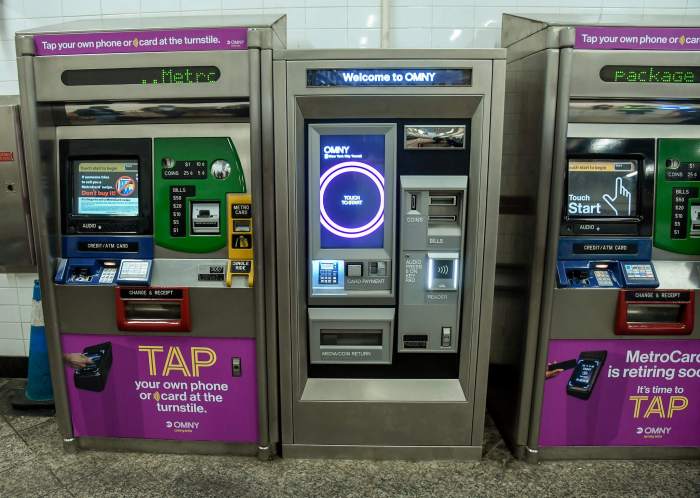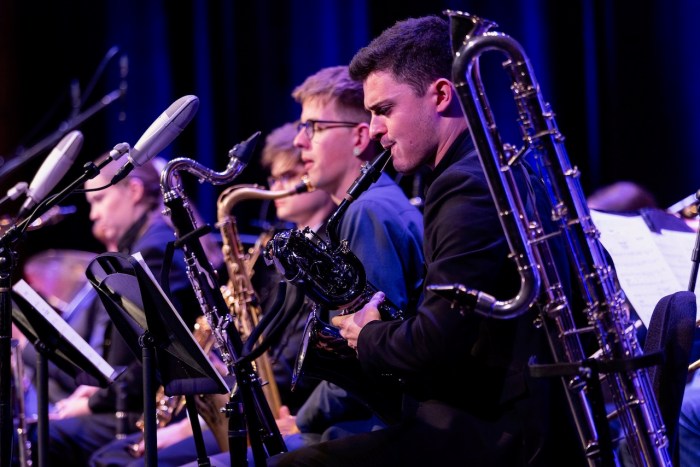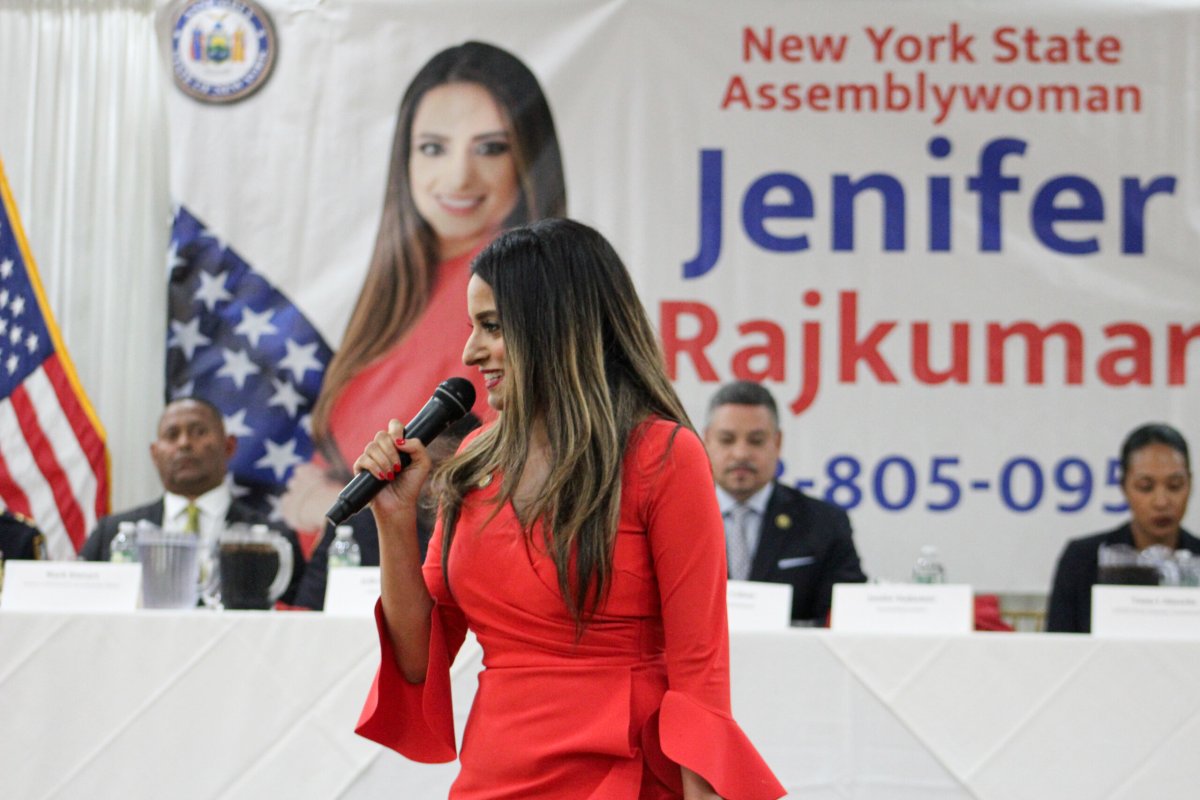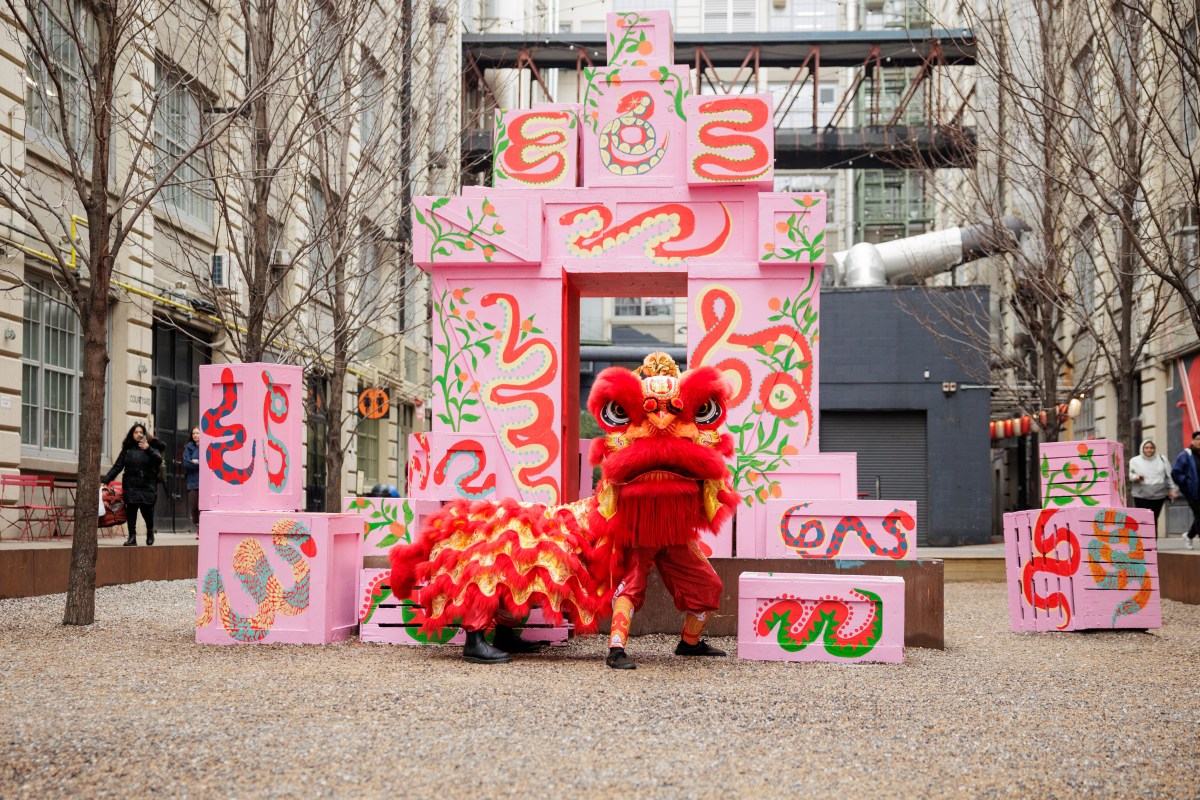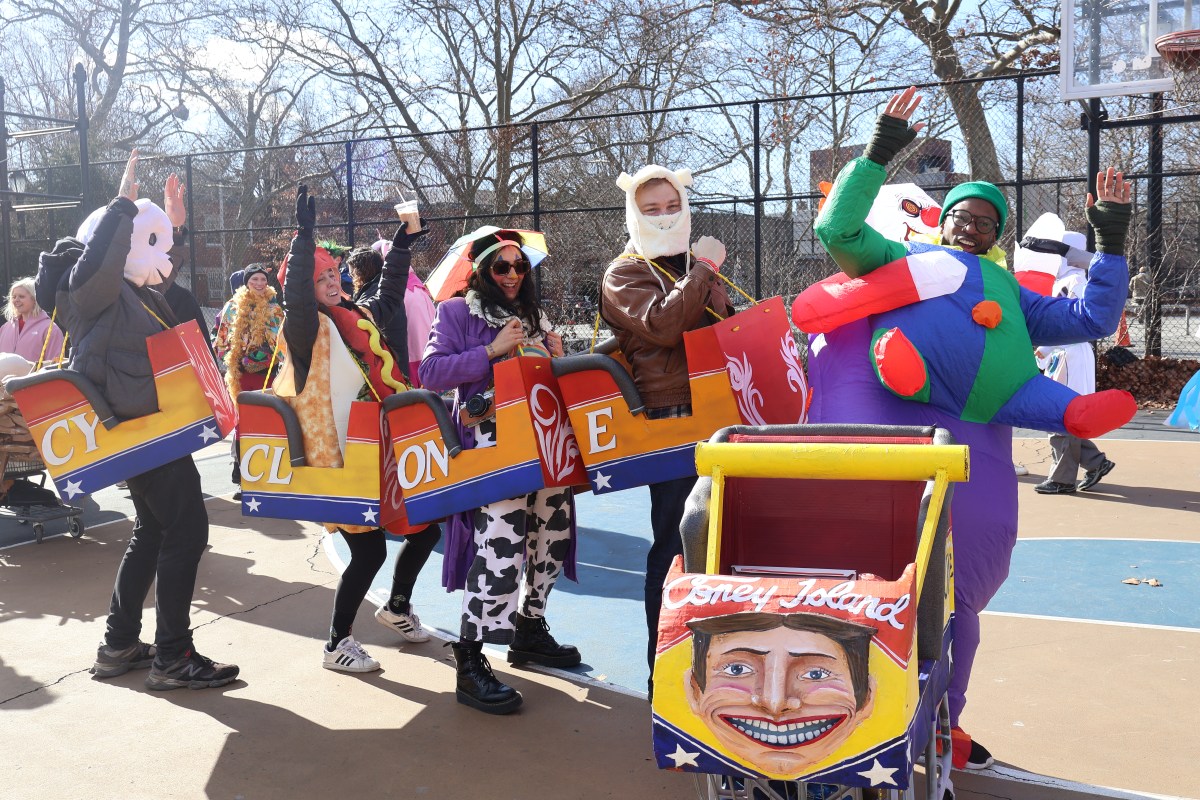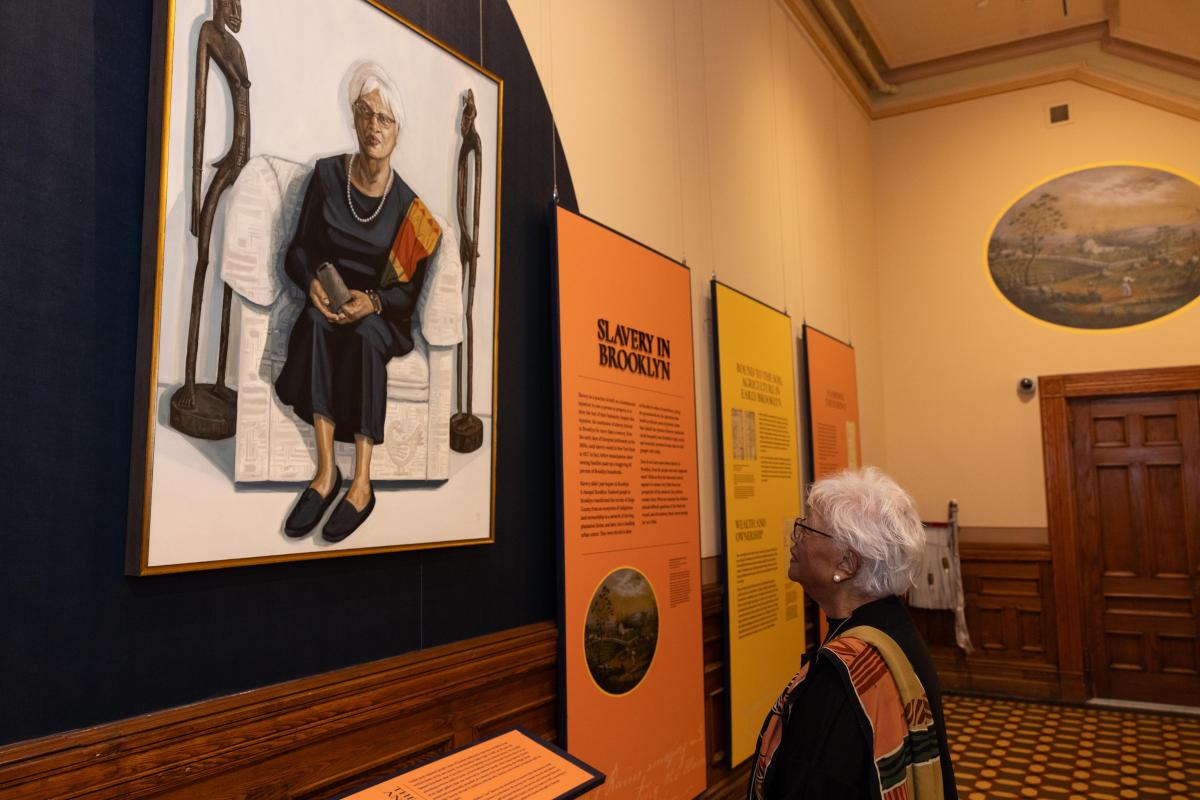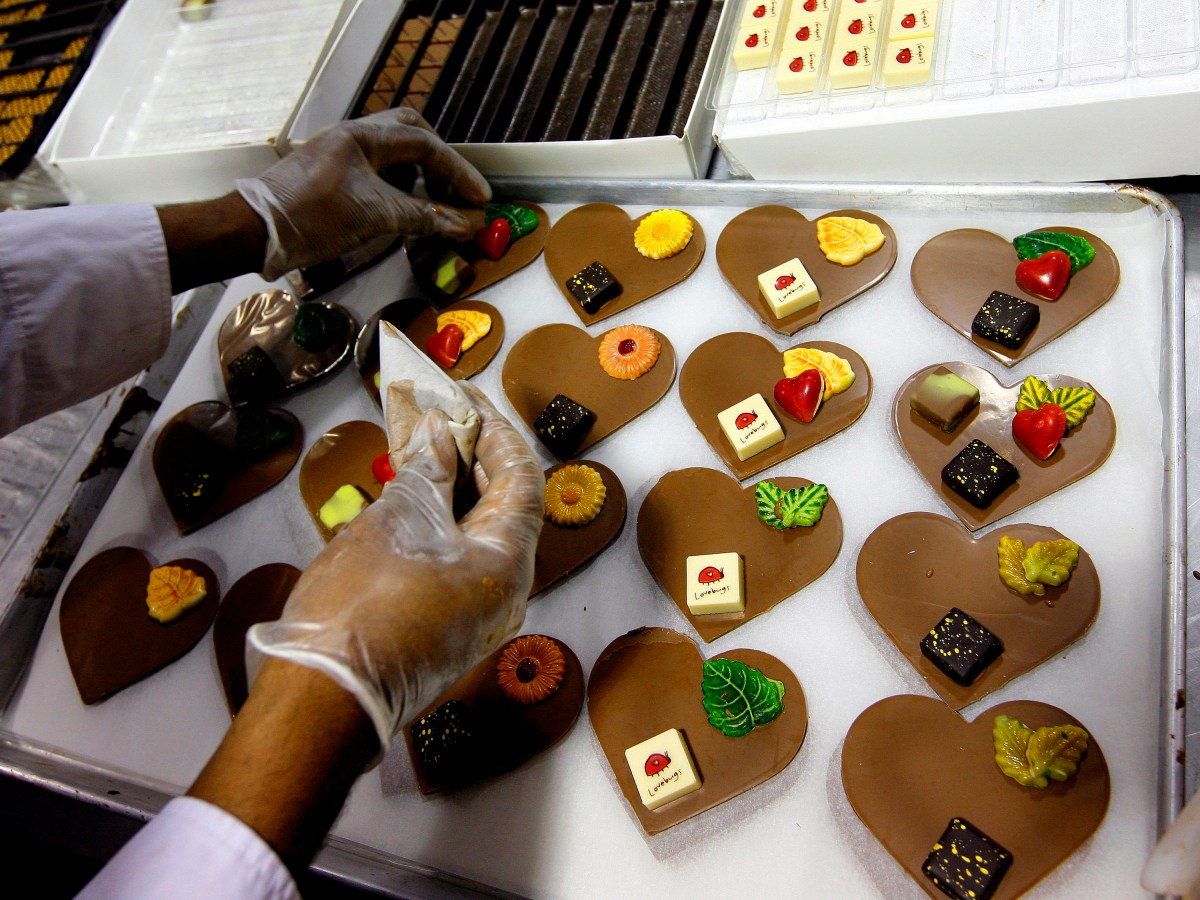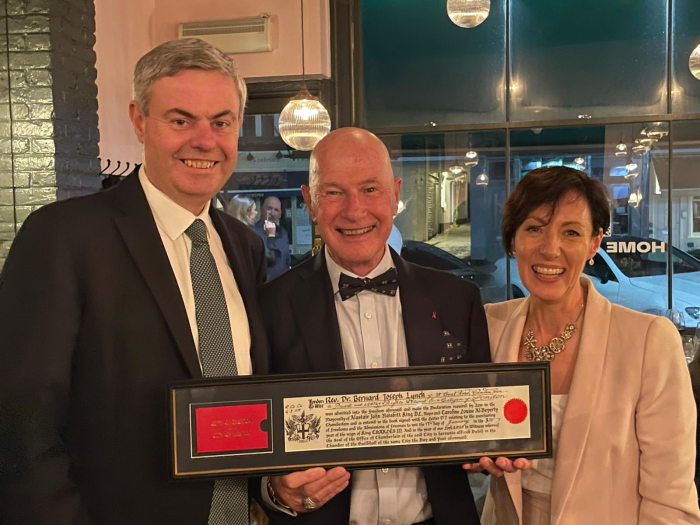In their time in office, former Mayor Michael Bloomberg and NYPD Commissioner Ray Kelly poisoned the well of trust between cops and New Yorkers of color long before protests over the deaths of unarmed black men.
They set cops on blacks and Latinos for years, mainly through the controversial and discredited practice of stop-and-frisk. The presidential election has reignited debate on the tactic as if it’s in the past. It’s not.
Donald Trump and Hillary Clinton speak of stop-and-frisk as if it’s over, but there are still thousands of recorded stops a year. More than 45,000 recorded stops by the NYPD in 2014 dropped to 22,000 last year. Politically, credit for the relatively lower numbers is often given to Mayor Bill de Blasio. But it was under Bloomberg and Kelly that the reported numbers began to fall from almost 700,000 in 2011 to 530,000 in 2012, and then about 190,000 in their last year. In about two years, the number dropped by more than two-thirds.
That should raise eyebrows. The NYPD has been known to manipulate data. In 2012, criminologists from John Jay College released a survey of retired cops that suggested crime-stat manipulation — like downgrading of crimes — was part of police culture. I suspect the supposed decline in recorded stops is also artificial. Stop-and-frisks, after all, are self-reported by the NYPD. As the tactic fell out of favor, it’s plausible that the documentation of stops ceased — though not the actual stops. Last year, a court-mandated NYPD monitor said the department had been undercounting stops.
Whatever the overall numbers actually are, the fundamental problems still exist. About 80 percent of those stopped under de Blasio and Bill Bratton’s NYPD were innocent. Among the “guilty,” the offenses were minor, like having a small amount of marijuana — not having a gun. More important, more than 80 percent of recorded stops were still of blacks and Latinos. So, despite all of the swirl of stories around the constitutionality or effectiveness of the tactic (which is next to zero), NYC is neither a burning cesspool of crime nor a national model for police reform. Racial profiling is very much alive in the city.
Josmar Trujillo is a trainer, writer and activist with the Coalition to End Broken Windows.





